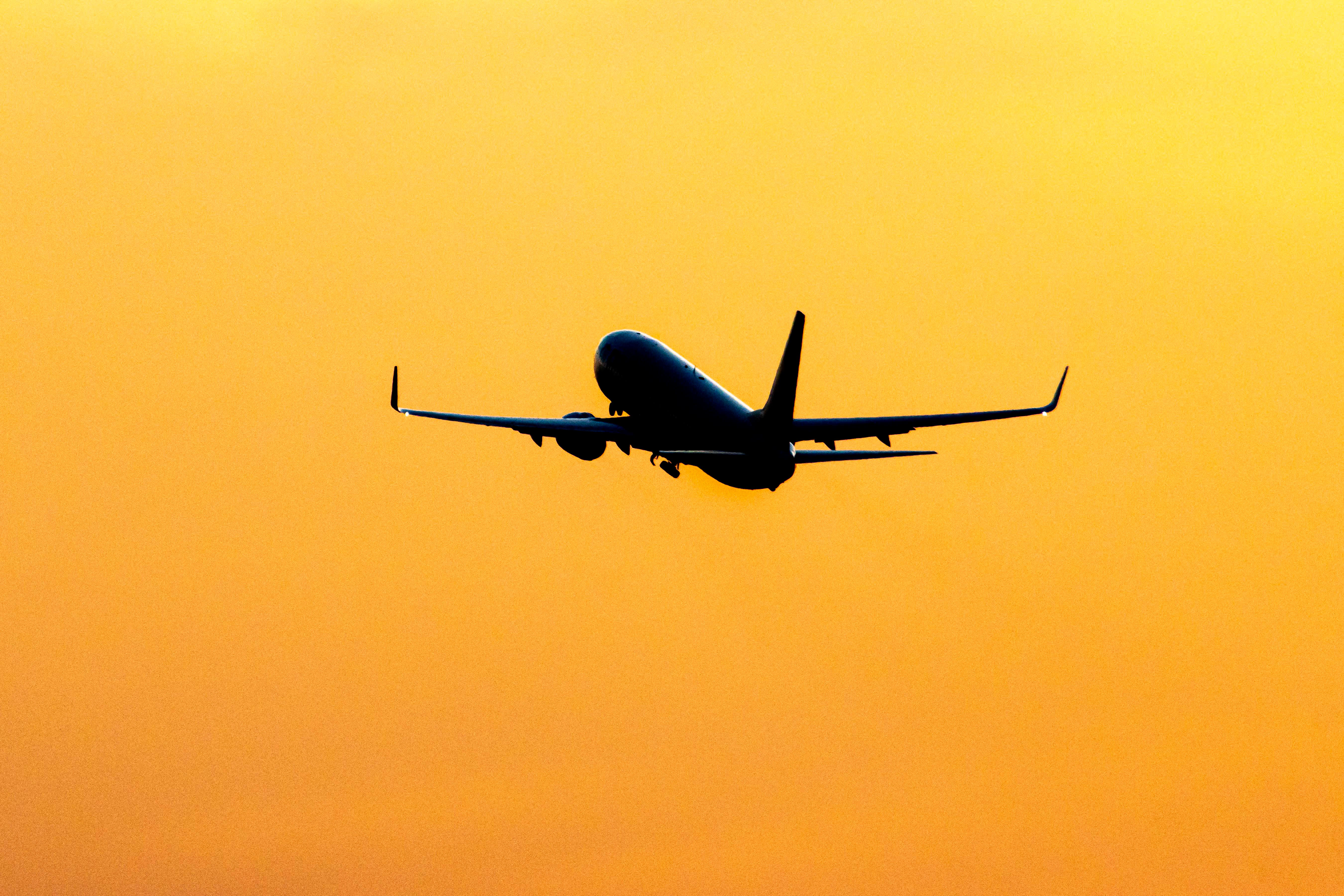Sustainable jet fuel targets could push food prices higher, Ryanair CEO O’Leary warns
The CEO of Ryanair has acknowledged the need for ambitious sustainable aviation fuel targets while also expressing concerns about how food prices could be affected.
During a discussion at CNBC’s Sustainable Future Forum on Wednesday, Michael O’Leary said his firm was investing “a lot of money” with Trinity College Dublin on research into sustainable aviation fuel, or SAF. In April, the two organizations launched a sustainable aviation research center backed by a 1.5 million euro ($1.75 million) donation from the airline.
As well as focusing on SAF, the center will look at noise mapping and zero-carbon propulsion systems for aircraft.
Ryanair has itself set a target of powering 12.5% of its flights with SAF by the year 2030. But speaking to CNBC’s Steve Sedgwick, O’Leary said he thought it was “a very ambitious target – I’m not sure we’ll get there.”
He went on to articulate his feelings about the wider effects of increasing SAF usage. “I do worry over the longer term, though, on sustainable aviation fuels … what’s that going to do to food prices going forward?”
“I think we’re going to reach a point in the next 10 or 20 years where there will be challenges posed not just for the airline industry, but for industry in general, around sustainable aviation fuels where it may have an upward impact on food prices.”
Although the European Union Aviation Safety Agency says there’s “not a single internationally agreed definition” of sustainable aviation fuel, the overarching idea is that it can be used to reduce an aircraft’s emissions.
Aircraft-maker Airbus describes sustainable aviation fuels as being “made from renewable raw material,” for example, “crops based or used cooking oil and animal fat.”
Despite his concerns, O’Leary said he was certain that ambitious targets needed to be put in place.
“The European Union has set a target of 5% of sustainable aviation fuel by 2030,” he said. “We think we can do better than that – I think we’ll get to 10%.”
“Whether we can get to 12 and a half percent, I’m not sure, but I know if we don’t invest in the research and that technology now, we certainly won’t get there.”
Huge challenges
According to the International Energy Agency, carbon dioxide emissions from aviation “have risen rapidly over the past two decades,” hitting almost 1 metric gigaton in 2019. This, it notes, equates to “about 2.8% of global CO2 emissions from fossil fuel combustion.”
Elsewhere, the World Wildlife Fund describes aviation as “one of the fastest-growing sources of the greenhouse gas emissions driving global climate change.” It adds that air travel is the most carbon intensive activity an individual can do.
As concerns about sustainability and the environment mount, discussions about aviation have increasingly focused on how new innovations and ideas could reduce the sector’s environmental footprint.
In September 2020, for instance, a hydrogen fuel-cell plane capable of carrying passengers took to the skies over England for its maiden flight.
The same month also saw Airbus release details of three hydrogen-fueled concept planes, with the European aerospace giant claiming they could enter service by the year 2035.
O’Leary was cautious when it came to the outlook for new and emerging technologies in the sector.
“I think … we should be honest again,” he said. “Certainly, for the next decade … I don’t think you’re going to see any — there’s no technology out there that’s going to replace … carbon, jet aviation.”
“I don’t see the arrival of … hydrogen fuels, I don’t see the arrival of sustainable fuels, I don’t see the arrival of electric propulsion systems, certainly not before 2030,” he went on to say.
“So it will certainly be after my career in the airline industry is finished … but I hope it will get here before the end of our mortal lives.”
For all the latest business News Click Here

